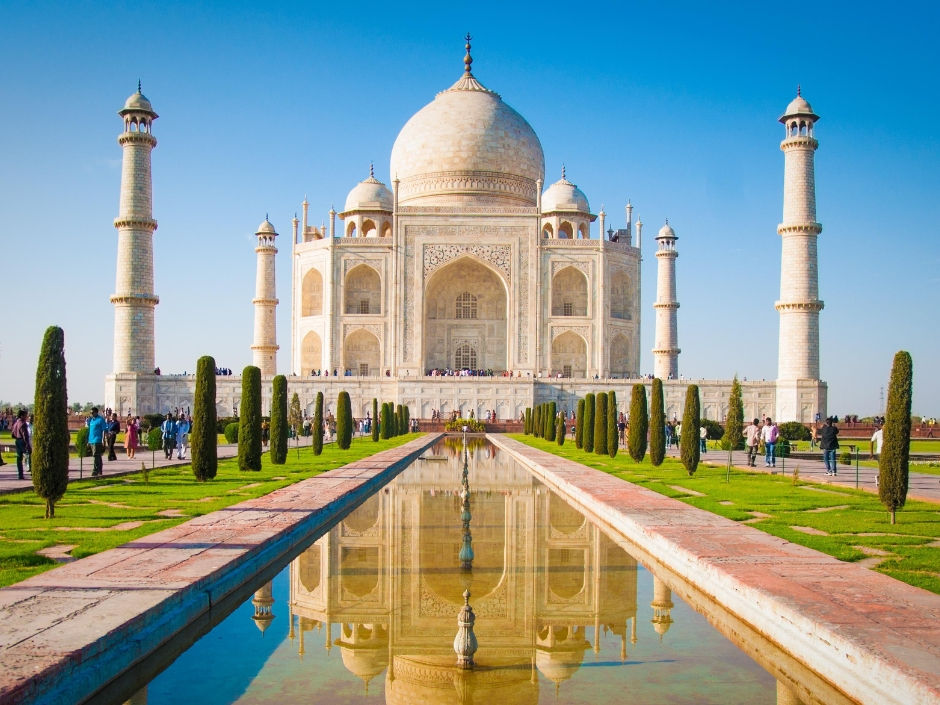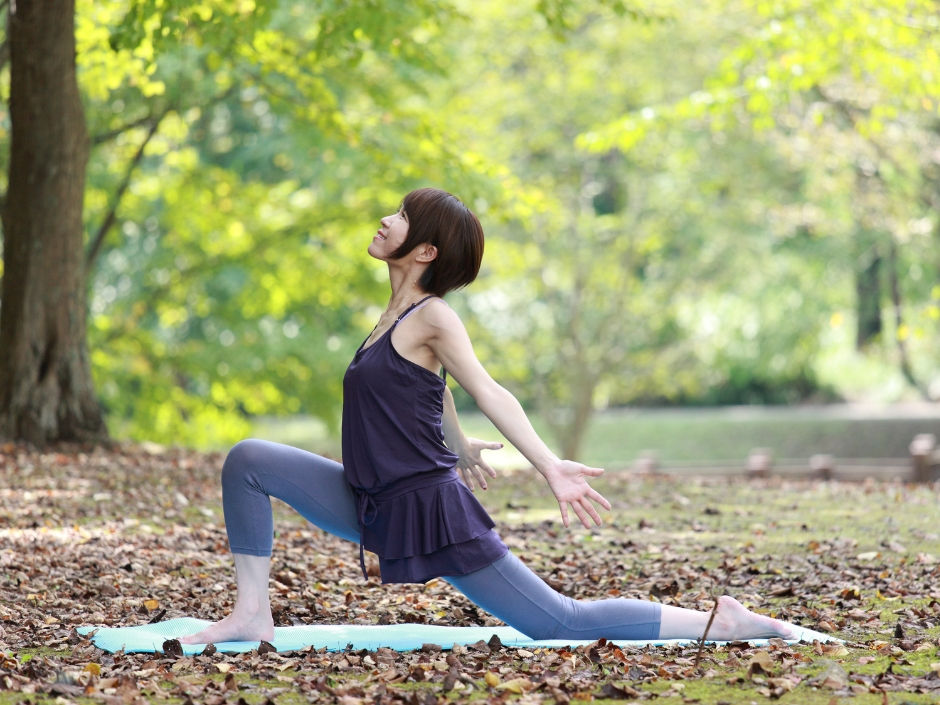Menopause Around the World: India’s Ancient Menopause Wisdom Meets Modern Challenges
- Victoria Harris
- May 3
- 2 min read
Updated: May 18

India’s Ancient Menopause wisdom, In India, the journey through menopause is layered—not just with hormonal shifts, but with cultural, familial, and spiritual influences.
Here, menopause is rarely discussed openly, yet ancient systems like Ayurveda have been supporting women through this transition for thousands of years.
This duality—deep traditional wisdom vs. modern healthcare challenges—makes India a fascinating part of our global menopause map.
Silence in the Household, Wisdom in the Texts
In many Indian households, menopause is treated as a private matter. Generations of women have learned to “deal with it quietly,” often prioritizing family duties over personal wellbeing.
But look deeper, and you’ll find rich teachings in Ayurveda—the traditional Indian system of medicine—that offer a holistic, body-mind-spirit approach to menopause.
Ayurveda’s View of Menopause
Ayurveda sees menopause as a natural transition into the vata stage of life—governed by air and space elements. This shift can lead to:
Dryness (skin, joints, vaginal tissue)
Anxiety, restlessness
Irregular sleep and digestion
Treatment focuses on rebalancing the doshas (body types) through:
Herbs like shatavari (for estrogen balance), ashwagandha (for stress), and triphala (for digestion)
Oiling rituals (like abhyanga massage) to nourish tissues and calm the nervous system
Warm, grounding foods: stews, ghee, herbal teas, and spices like turmeric and ginger
A Life Stage of Shifting Identity
For many Indian women, menopause coincides with a major identity shift—children leaving home, increasing caregiving duties for aging parents or in-laws, and changes in marital dynamics.
Yet, some women also describe it as a time of quiet power—a moment to reclaim focus on their health and spirituality after decades of giving to others.
Community support, however, is often lacking. Talking about menopause in open terms—especially in rural or conservative areas—is still considered taboo.
Access to Healthcare: Urban vs Rural Divide
In major cities like Mumbai and Delhi, access to gynecologists and menopause-specific care is increasing. Some urban clinics now combine conventional medicine with Ayurvedic support.
But in rural areas, menopause is rarely discussed in medical appointments, and many women go untreated for:
Hot flashes
Vaginal dryness
Insomnia
Mood swings
The cultural silence can make these symptoms feel isolating and shameful.

What We Can Learn
India teaches us that menopause care is not just about hormones—it’s about ritual, nourishment, and emotional grounding.
Here’s what we might borrow:
Integrate calming rituals: daily routines like herbal teas or body oiling can soothe the nervous system
Food is medicine: warming spices, good fats, and well cooked meals can ease digestion and joint pain
Menopause deserves conversation and community—don’t go it alone
Curious about how other cultures view menopause? Our next stop: Nigeria, where menopause is seen as a spiritual and social shift—with both liberating and limiting traditions.
👉 Want practical, natural strategies for your own menopause journey? Download my free guide here!


